Analysis: Why Iran’s June 28 presidential election matters to the region and world
By Alireza Akbari
With only two days to go for the snap presidential election, the capital Tehran and other major cities across Iran are buzzing with people curious to know who will be their next president.
Voting is slated for June 28 and televised campaigns have already ended, setting the stage for the biggest democratic exercise in the country – the election of the president of the Islamic Republic.
The anticipation for the new Iranian president extends beyond the borders of Iran, with eyes of people across the West Asia region glued to the upcoming vote on Friday.
The changing regional dynamics in the wake of the Operation Al-Aqsa Storm and Operation True Promise have prompted political pundits across the world to follow the outcome of the June 28 vote.
Iran’s foreign ministry spokesman Nasser Kanaani in his weekly presser on Monday said high voter turnout in the June 28 election is crucial to enhancing the country’s influence in the region and beyond.
Kan’ani said elections in Iran “demonstrate religious democracy" and that the large participation of Iranians in elections, along with their influential role in managing the country, will boost national power in advancing foreign policy goals.
According to observers, it points to Iran’s growing stature regionally and internationally as a big player and a strategic power that has turned adversities into opportunities to carve a niche for itself.
Given Iran's unique geopolitical, strategic, and geographical position along with the country’s economic capabilities, countries in the region and beyond are keenly monitoring the Friday election results.
Hassan Beheshtipour, a foreign policy expert, in an interview with the Press TV website, deconstructed how Iran’s political landscape is seen and observed in the world.
According to him, irrespective of who becomes the next Iranian president, the foreign policy of the Islamic Republic won’t change and international engagement will continue.
President Ebrahim Raeisi, who passed away in a chopper crash on May 19, during his three-year tenure opened new chapters in Iran’s relations with countries in the region and across the world.
He also finalized Iran’s full membership in powerful regional blocs, BRICS and the Shanghai Cooperation Council (SCO) after years of wait.
Ayatollah Khamenei: High voter turnout makes Iran proud, disappoints enemies#IranVotes2024 https://t.co/DIjVDf7NTI
— Iran Election 2024 (@PressTVElection) June 25, 2024
Foreign policy remains consistent
Beheshtipour said the prevalent belief in the West is that if Masoud Pezeshkian, a former health minister and seasoned lawmaker, is elected the next president, Iran’s relations with the West will improve and if Mohammad Baqer Qalibaf, Iranian parliament speaker or Saeed Jalili, a former lead nuclear negotiator, are elected, the country will pursue a “confrontational” policy, which is a misconception.
“The major policies of the country (Iran) are determined by the Supreme National Security Council, with the president at its head. However, decisions are only executed once the Leader of the Islamic Revolution (Ayatollah Seyyed Ali Khamenei) approves them,” he told the Press TV website.
Therefore, the president has one vote in the Supreme National Security Council, and cabinet members such as the foreign minister, interior minister, and intelligence minister each have one vote, he noted.
“The next important point is that Pezeshkian has never stated his preference for pursuing either engagement or confrontational policy in his politics. Instead, he has said he is the executor of major policies determined by the Leader,” the analyst stated.
“In my opinion, if Pezeshkian becomes the president of Iran, it is likely that he will pursue both engagement policies with Europe and the United States, as well as diplomacy with countries such as China, Russia, Japan, South Korea, India, and other countries in the East and Asia.”
Beheshtipour further stated that the election of either Jalili or Qalibaf does not necessarily mean that the approach to engagement with the West will be completely abandoned.
“Just like how you have seen (President) Raeisi’s government expanding relations with neighboring countries and focusing on Asian countries while continuing negotiations with the US to lift sanctions indirectly through Oman,” he remarked.
“My assessment is that whether it's Pezeshkian, Jalili, or Qalibaf, the next president will be the executor of major policies determined by the Supreme National Security Council.”
High election turnout to ramp up Iran’s power in region, world: Official#IranVotes2025https://t.co/B9Q5FGubxf
— Iran Election 2024 (@PressTVElection) June 25, 2024
Regional significance of Iran election
Hamidreza Taraghi, a political analyst, elaborated on the regional significance of the forthcoming presidential election, identifying several key factors that underscore its importance.
According to Taraghi, the June 28 election exemplifies the country's "stability," as it comes amid the ongoing Israeli genocidal war on the besieged Gaza Strip.
He noted that the West’s scrutiny of Iran's presidential election further amplifies its significance.
Taraghi underscored Iran’s advocacy for "multilateralism" and the end of "America's influence in the region," asserting that these factors have elevated the country’s role in achieving the objectives of powerful regional groupings BRICS and SCO, of which it is now a full member.
"Iran's influence in the region and support for the resistance front stems from the combination of diplomacy and field tactics," he told the Press TV website, adding that the continuation of this strategy hinges on the outcome of the upcoming presidential election.
Ahmad Dastmalchian, Iran's former ambassador to Lebanon, also shared his insights in an interview with the Press TV website regarding the snap presidential election and its significance.
“The upcoming election (June 28 presidential election) is taking place in sensitive conditions,” he said, referencing the US presidential election slated for November 2024.
“On the other hand, amidst the international crises that exist, this election (Iran presidential election) could be decisive.”
1 - Highlights of the fifth and final televised debate of the 2024 Iranian presidential election with the participation of six candidates.#IranVotes2024
— Iran Election 2024 (@PressTVElection) June 25, 2024
https://t.co/7aJUrxWSNU pic.twitter.com/qC25gzs6hj
Diplomacy with neighbors
Dastmalchian highlighted the Raeisi administration's policy vis a viz neighboring countries, which successfully rekindled ties with some nations, describing it as "successful."
“This policy must continue in the new government because, after all, the countries in the region and the Arab world constitute a large part of the strategic depth of the Islamic Republic of Iran,” he said.
“In a balanced and harmonious relationship, we must have a good Arab-Iranian discourse, especially in a situation where the Zionist regime is committing heinous and unprecedented crimes against the people of Palestine, leading to genocide. It is necessary to stand united against these crimes.”
Pointing to the illegal interference of foreign forces and their destabilizing presence in the region, which has caused tension and instability, the former diplomat said security is “achieved.”
“If we desire a prosperous and developed region, the responsibilities of the region's security system must be clearly defined. The government of the Martyr Raeisi was laying the groundwork in this area and had initiated fruitful dialogues with the UAE and Saudi Arabia,” he told the Press TV website.
“Any future government must continue this policy to foster comprehensive economic, developmental, infrastructural, and cooperative initiatives with regional countries, thereby creating a stable and tension-free atmosphere,” he pointed out.
According to the diplomat, given Iran's geopolitical significance, any attempt to exclude Iran from the equation (in the region) will be futile, as Iran has always been a vital link between Asia and Europe, dating back to the Silk Road era.
Dastmalchian also noted that Iran has consistently prioritized diplomacy with its neighbors, as mandated by its Constitution, and all past governments have adhered to this policy even during the most challenging times of the imposed war.
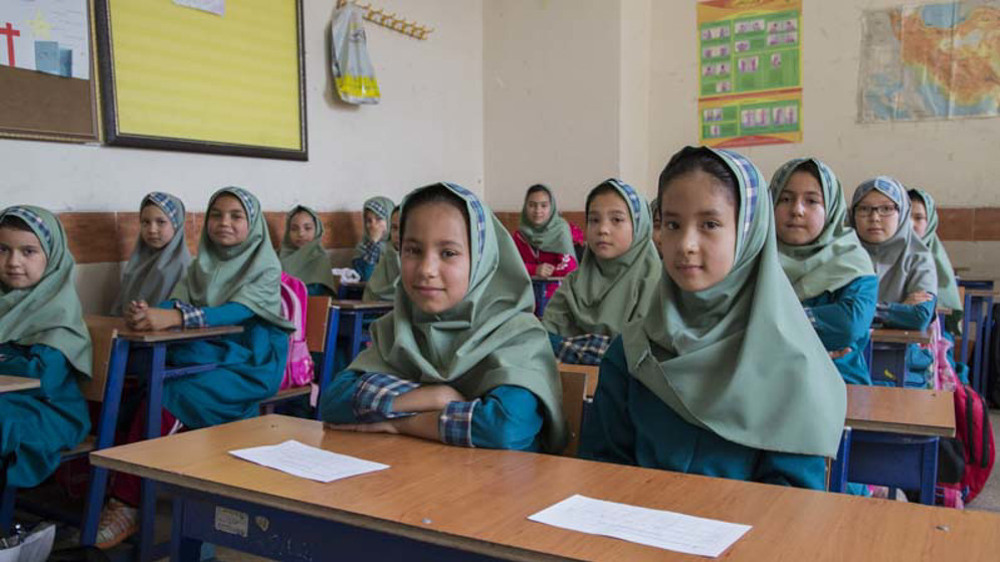
Iran envoy urges joint action with Afghanistan to resolve refugees issue
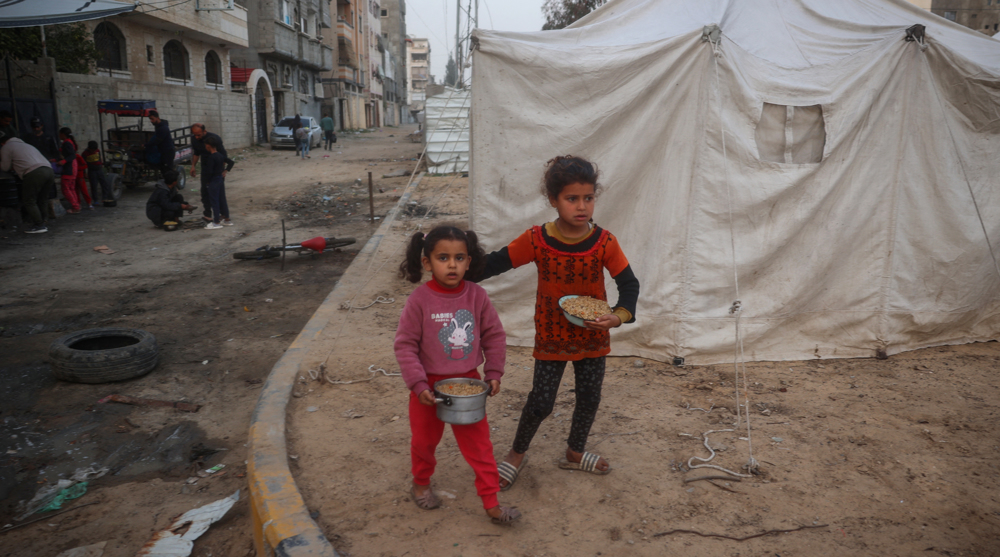
Iran slams Trump’s plan for forced displacement of Gazans as ‘political genocide’
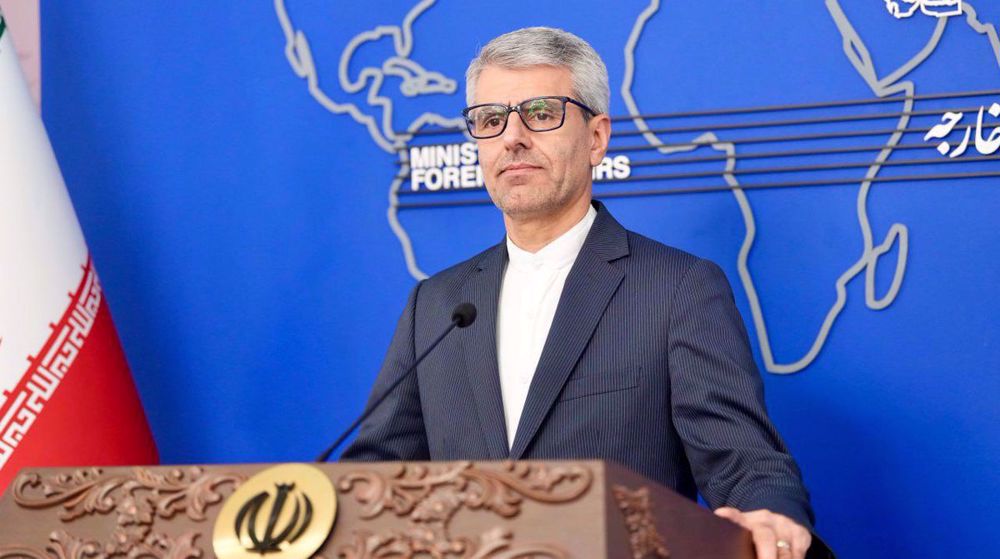
Iran dismisses UK accusation of threatening Britain’s national security
Syrian regime declares curfews in several regions
Sudan takes UAE to UN court over 'complicity in genocide'
Trump's threats will embolden Israel to ignore ceasefire: Hamas
Hamas ready for 'all possibilities' after 'last warning' by Trump
Iran elected vice president of OPCW panel despite US opposition
Lavrov: Macron 'preparing to use a nuclear weapon against Russia'
Iran FM in Saudi Arabia for OIC meeting on US depopulation of Gaza
VIDEO | US alliances crumbling under Trump, South Korea next?


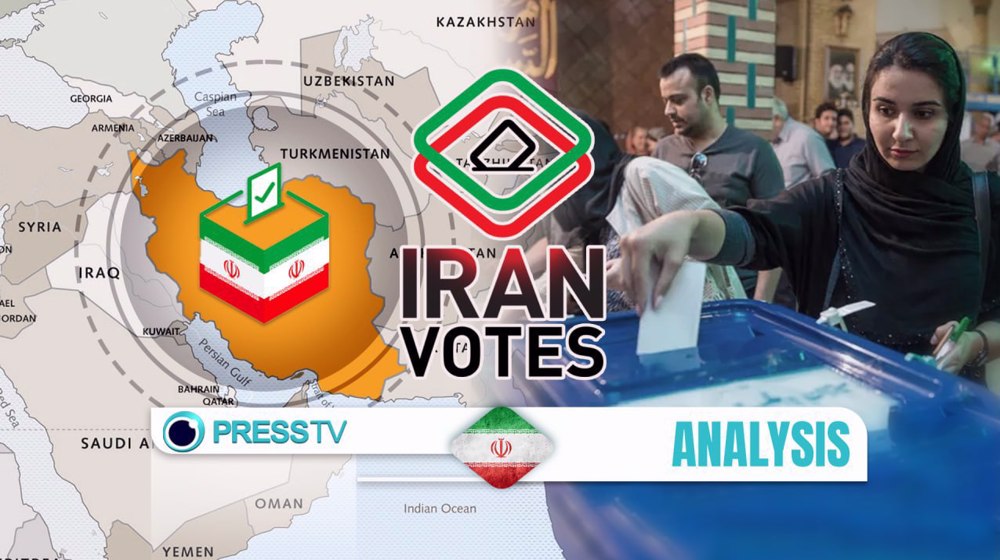



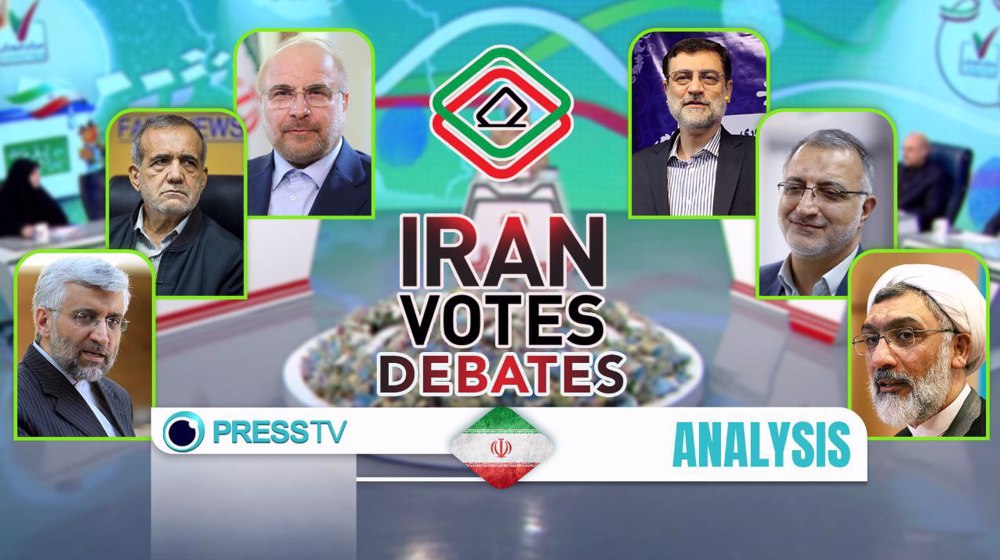
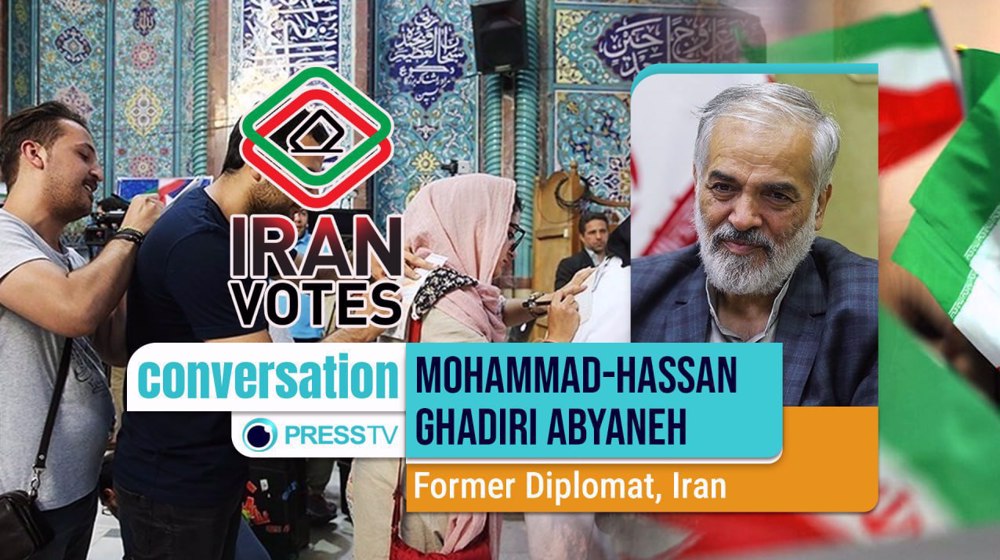
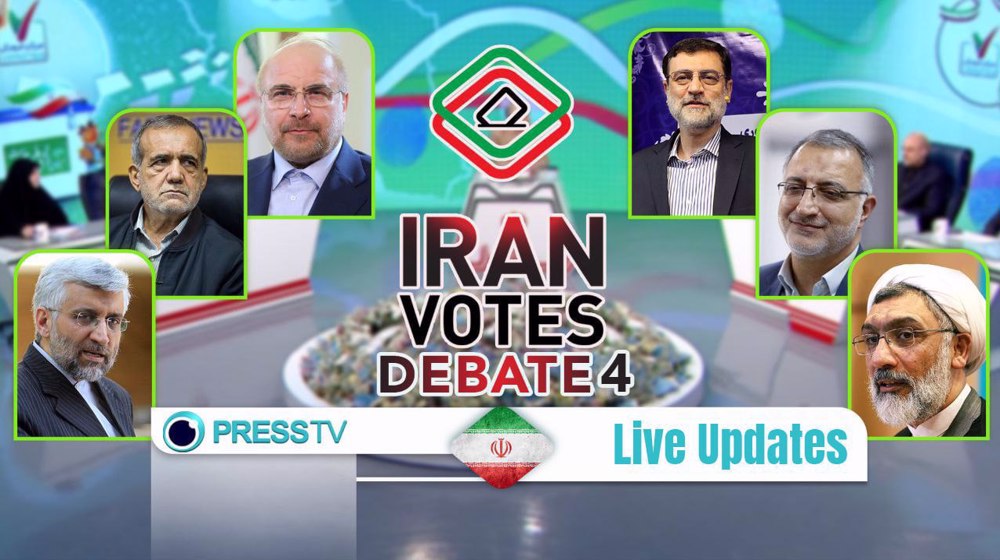
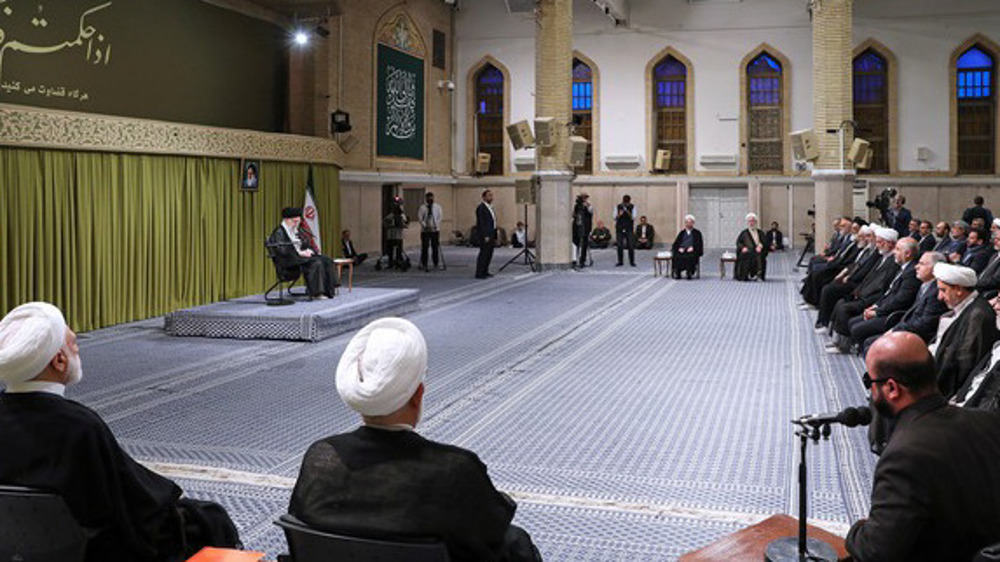
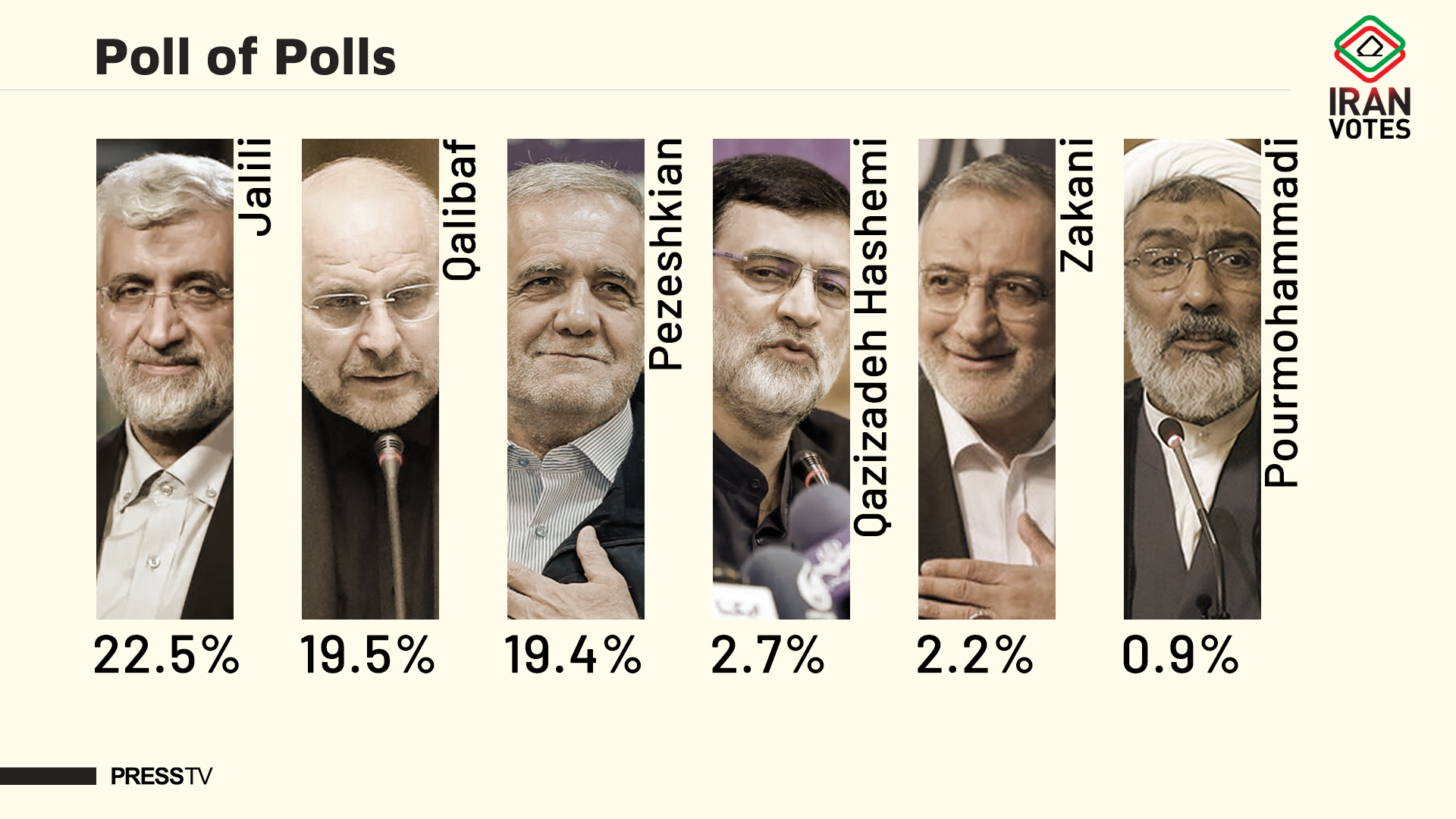

 This makes it easy to access the Press TV website
This makes it easy to access the Press TV website